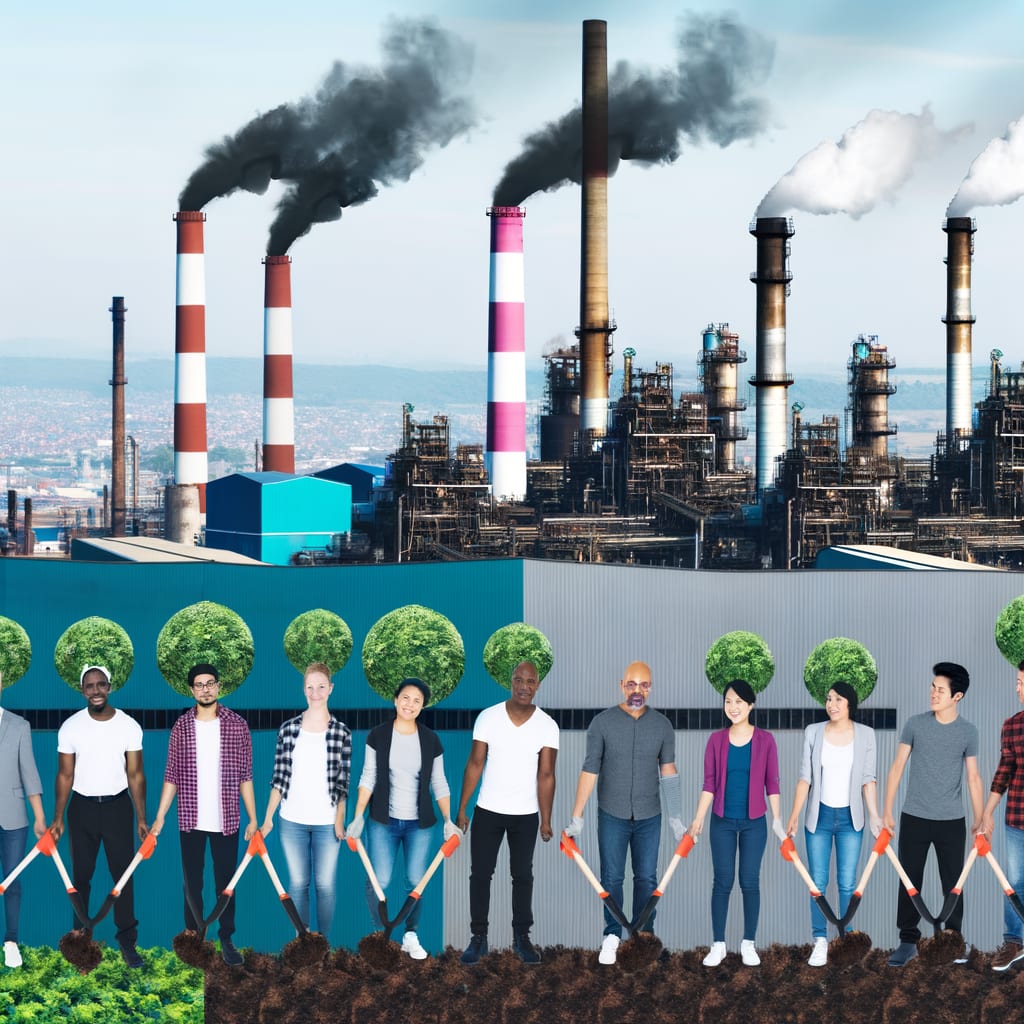Global Climate Commitments Under Siege Amid Political Turmoil and Industrial Inertia
In the face of escalating climate crisis, nations worldwide are grappling with the urgent need to reduce greenhouse gas emissions and restore environmental health. However, the journey towards a sustainable future is fraught with political discord, industrial sluggishness, and the dire consequences of a warming planet.
Background and Context
Human activities have led to a significant reduction in mangrove cover by over 43%, according to the Daily Nation. This, coupled with underreported heat deaths in Europe, as Al Jazeera English reports, foregrounds the pressing need for environmental restoration and climate action.
Meanwhile, The Hindu highlights the distractions posed by geopolitical tensions, such as the Russia-Ukraine war, the rise of right-wing politics, and increased defense spending, detracting attention from climate goals. Furthermore, the US withdrawal from the Paris Agreement under the Trump administration has introduced additional hurdles on the path to global climate consensus.
Key Developments and Contrasting Narratives
Political differences are further deepening the rift. Le Monde reports a stark ideological and economic divide between advocates of climate policies and proponents of productivity, particularly in the US, where the Trump administration sought to halt a Vermont law making major polluters accountable for climate damages, according to The Guardian.
Conversely, Australia has recently announced ambitious targets to cut greenhouse gas emissions between 62% and 70% on 2005 levels by 2035, as reported by The Guardian and BBC News. With a $1.1bn investment in the production of low-carbon liquid fuels, the country is demonstrating a decisive move towards a greener future.
However, all is not rosy in Australia either. The Guardian also reveals that the country's climate goals are threatened by hard-to-abate sectors, making decarbonisation a significant challenge.
Implications and Reactions
The climate crisis has far-reaching implications. As per Folha de S.Paulo, 146 environmental activists were killed or disappeared in 2023 alone while defending their lands and the environment, reflecting the high human cost of the struggle for sustainability.
The UK’s climate adviser, Nigel Topping, warns in The Guardian that any weakening of net zero policy would deter investors and disturb financial markets, indicating the economic implications of policy vacillations.
Conclusion and Current Status
In France, industrial decarbonisation has been slow, with emissions from the 50 most polluting sites decreasing by only 1.4% in 2024, according to Le Monde. This sluggish progress, far from the country's climate commitments for 2030 and 2050, underscores the global challenges in transitioning to a sustainable future.
As nations dither on climate ambition and struggle with political and industrial inertia, the importance of unified, decisive action to combat the escalating climate crisis cannot be overstated.

